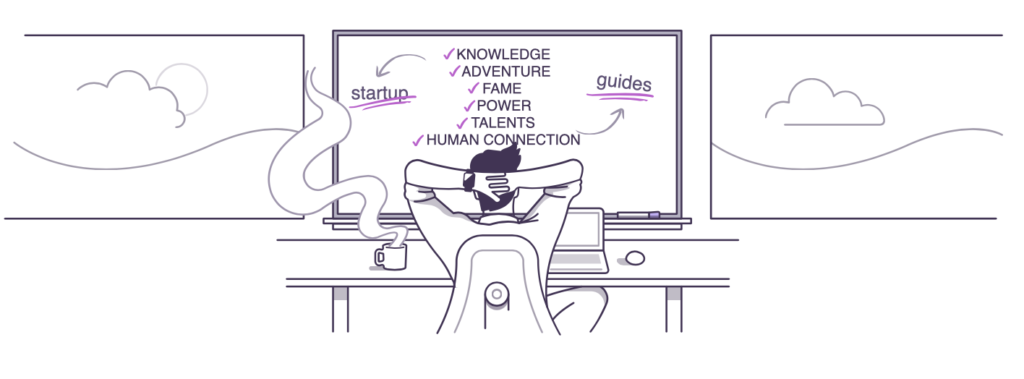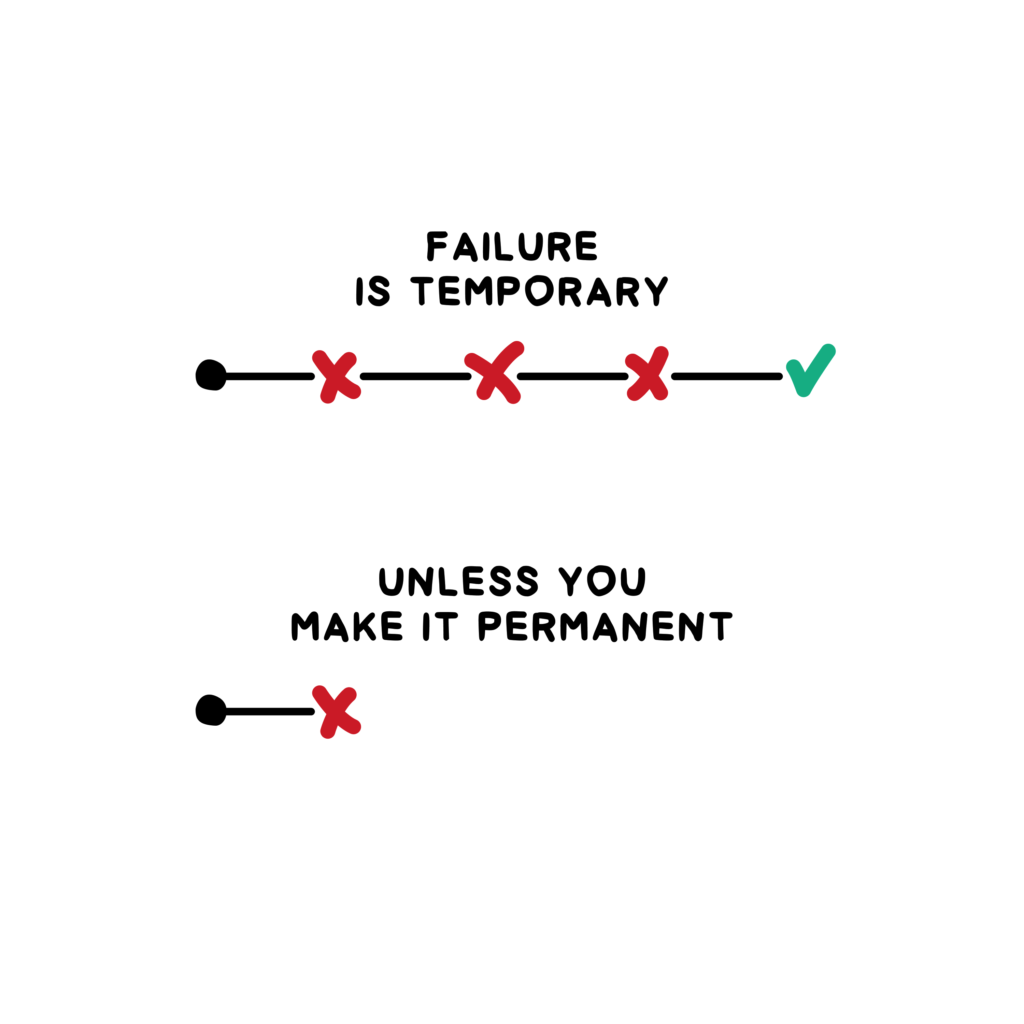Jerry Harvey, a professor of management science at George Washington University, was spending time with his in-laws on a particularly hot July afternoon in Coleman, Texas.
While enjoying a game of dominoes, Jerry’s father-in-law suggested that they all go for dinner in Abilene, 53 miles away. While Jerry was initially a little hesitant to drive the distance during a heatwave (especially in his unairconditioned 1958 Buick), he ultimately went along with the idea after his wife and mother-in-law agreed that it would be a nice thing to do.
Four hours and 106 miles later, they returned to Coleman, hot and exhausted.
While sitting in silence back in the house in front of the fan, Jerry decided to break the silence: “It was a great trip, wasn’t it?”
This was when Jerry’s mother-in-law admitted that she didn’t really enjoy the trip and would have preferred to stay at home. Jerry’s wife had a similar opinion: she said that she only went to be sociable and keep everyone else happy.
In fact, even Jerry’s father-in-law (who initially suggested going to Abilene) said he never actually wanted to go. He admitted that the only reason he suggested going there was because he was worried everyone else might be bored playing dominoes.
This story led to Jerry Harvey coining the phrase ‘the Abilene paradox’, which describes a group dynamic where the collective agrees on a path of action that none of the individual members want to do.
We can probably think of many situations where this paradox has played out in a similar way in our own lives. But, it also has the potential to lead to disastrous consequences.
For example, take the ill-fated invasion of Cuba by a CIA-sponsored paramilitary group in 1961 (known as the Bay of Pigs Invasion). Despite reservations from various quarters about the feasibility and the potential consequences of the invasion, the plan received a green light. Many involved in the decision-making process later expressed that they had serious doubts about the success of the operation but went along with it due to a false consensus. The invasion failed disastrously, illustrating how the Abilene Paradox can lead to poor decision-making in high-stakes political and military operations.

On a more personal level, the Abilene paradox can have profound implications on a personal level, affection relationships mental health, and overall life satisfaction.
Consider, for instance, a group of friends planning an evening out. Despite a personal preference for a quiet night in, an individual might find themselves agreeing to a night of socialising simply because they believe it’s what the group desires.
On a more significant scale, the paradox can lead to life-altering decisions being made under the guise of unanimity. Individuals might find themselves in careers, relationships, or living situations that reflect the desires of those around them rather than their own. This misalignment can result in feelings of dissatisfaction, regret, and the unsettling realisation that one’s life path has been dictated by the perceived expectations of others rather than genuine personal choice.
The root of the Abilene Paradox lies in communication breakdowns and the fear of dissent, illustrating the critical importance of fostering environments where open, honest dialogue is encouraged and valued. Cultivating the courage to voice personal truths can not only help avert the collective march to Abilene but also lead to more authentic, fulfilling life choices that are in harmony with one’s desires and values.
In essence, the Abilene Paradox serves as a cautionary tale about the cost of conformity and the silent power of assumed consensus. It reminds us of the importance of introspection and assertiveness in our decision-making processes, urging us to question not just the destinations we are collectively heading towards but also the paths we are choosing to take on a deeply personal level.
🎬 Latest Video
✍️ Article of the Week

What to do with your life
Once you uncover what you should truly be doing—and you can wholeheartedly justify it to yourself—there’s really nothing more empowering.
🙌 Weekly Favourites


